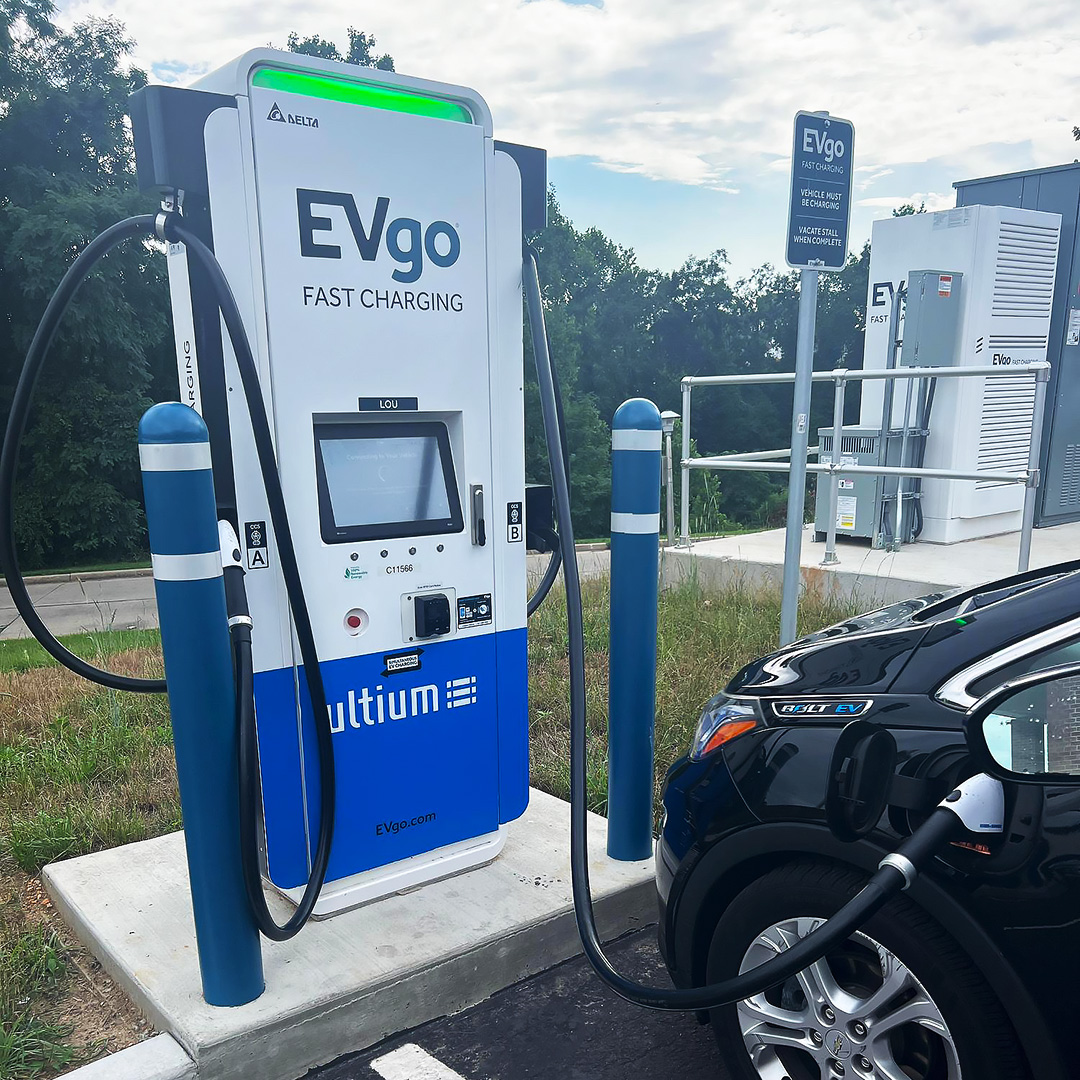
How to Choose the Right EV Charger For Your Vehicle
Understanding electric vehicle charging capabilities is crucial for optimal charging performance. Here's a comprehensive guide to help you choose the right charger for your EV.
Charging Categories by Maximum Power Rate
50kW Charger Compatible EVs (Up to 59kW):
- BMW i3
- Chevy Bolt/Bolt EUV
- Chevy Spark EV
- Ford Focus Electric
- Harley Davidson LiveWire/One Motorcycles
- Honda Clarity
- Kia Soul EV
- Mazda MX-30
- Mini Cooper SE Electric/Hardtop
- Nissan LEAF
- Volkswagen E-Golf
- Tesla Models (with CHAdeMO adapter)
100-200kW Charger Compatible EVs (60-199kW):
- Audi e-tron/Q4 e-tron
- BMW i7/iX
- Cadillac LYRIQ
- Ford F-150 Lightning/Mustang Mach-E
- Hyundai Ioniq EV/Kona EV
- Jaguar I-pace
- Kia Niro EV
- Mercedes-Benz EQB/EQE
- Nissan ARIYA/LEAF Plus
- Polestar 2
- Subaru Solterra
- Toyota bZ4X
- VinFast VF8
- Volkswagen ID.4
- Volvo C40/XC40 Recharge
350kW High-Power Compatible EVs (200-350+kW):
- Audi e-tron GT
- BMW i4
- Genesis GV60/GV70/G80
- GMC Hummer EV
- Hyundai Ioniq 5/6
- Kia EV6
- Lucid Air (Dream Edition/Touring)
- Mercedes-Benz EQS
- Porsche Taycan
- Rivian R1S/R1T
- Tesla Models (with CCS Combo 1 adapter)

EVgo charging station at Alameda Marketplace
Important Charging Tips:
- You can safely use higher-powered chargers than your vehicle's maximum capability, but charging won't be faster
- Lower-powered chargers are suitable for longer stops or when speed isn't critical
- Consider other drivers when choosing high-power chargers - use appropriate power levels for your vehicle
- Actual charging speeds vary based on factors like battery level and temperature
- Most vehicles only achieve peak charging rates briefly before tapering off
Remember that charging curves and vehicle specifications ultimately determine charging speed, not just the charger's maximum power output. The difference between using a 150kW versus 350kW charger may only be a few minutes for many vehicles.
